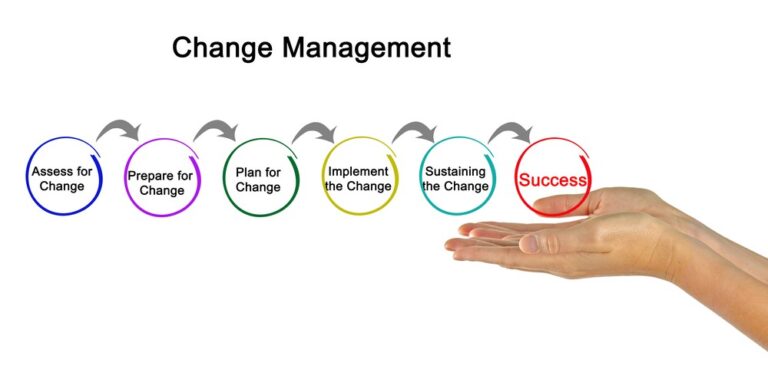Introduction
Career transitions are an inevitable part of professional growth, whether you’re changing industries, moving to a new role, or starting your own business. Successfully managing these transitions requires careful planning, adaptability, and a strong understanding of your career goals and values.
Understanding Career Transitions
Career transitions can take many forms, from voluntary changes to unexpected shifts in the job market. According to research from Career Change, the average person changes careers 5-7 times during their working life. This understanding is particularly important when considering career changes or navigating industry shifts.
Planning Your Transition
Effective transition planning involves assessing your skills, identifying transferable abilities, and understanding market opportunities. Your personal brand plays a crucial role in how you present yourself during transitions. Our guide on building a strong professional network can help you establish connections that support your transition goals.
Financial Planning and Preparation
Financial preparation is crucial for successful career transitions. This includes understanding your salary and benefits needs, creating a transition budget, and potentially building a financial safety net. These considerations complement the essential skills for career advancement and are crucial for managing risk during transitions.
Managing the Emotional Aspects
Career transitions often involve significant emotional challenges. Understanding how to handle career setbacks and maintain resilience is crucial. The strategies for long-term career growth include developing emotional intelligence and coping mechanisms for managing change.
Building Momentum in Your New Role
Once you’ve made a transition, it’s important to establish yourself quickly and effectively. This includes understanding how to succeed in your first 90 days in a new role, building relationships, and demonstrating your value to the organization.
Conclusion
Managing career transitions successfully requires a combination of strategic planning, financial preparation, emotional resilience, and professional adaptability. By understanding the different aspects of career transitions and preparing accordingly, you can navigate changes more effectively and position yourself for long-term success. Remember that transitions are opportunities for growth and development, even when they’re challenging.
Frequently Asked Questions
Q: How do I know when it’s time for a career transition?
A: Signs include persistent dissatisfaction, lack of growth opportunities, or significant changes in your industry. It’s important to assess your situation carefully and consider both the risks and potential benefits of making a change.
Q: How can I prepare financially for a career transition?
A: Build an emergency fund, reduce expenses, and consider the financial implications of your transition. Research potential salary ranges in your new field and create a realistic budget for the transition period.
Q: What if my career transition doesn’t work out as planned?
A: View it as a learning experience and an opportunity to reassess your goals. Many successful professionals have experienced failed transitions that ultimately led them to better opportunities. Focus on what you’ve learned and how you can apply those lessons moving forward.

